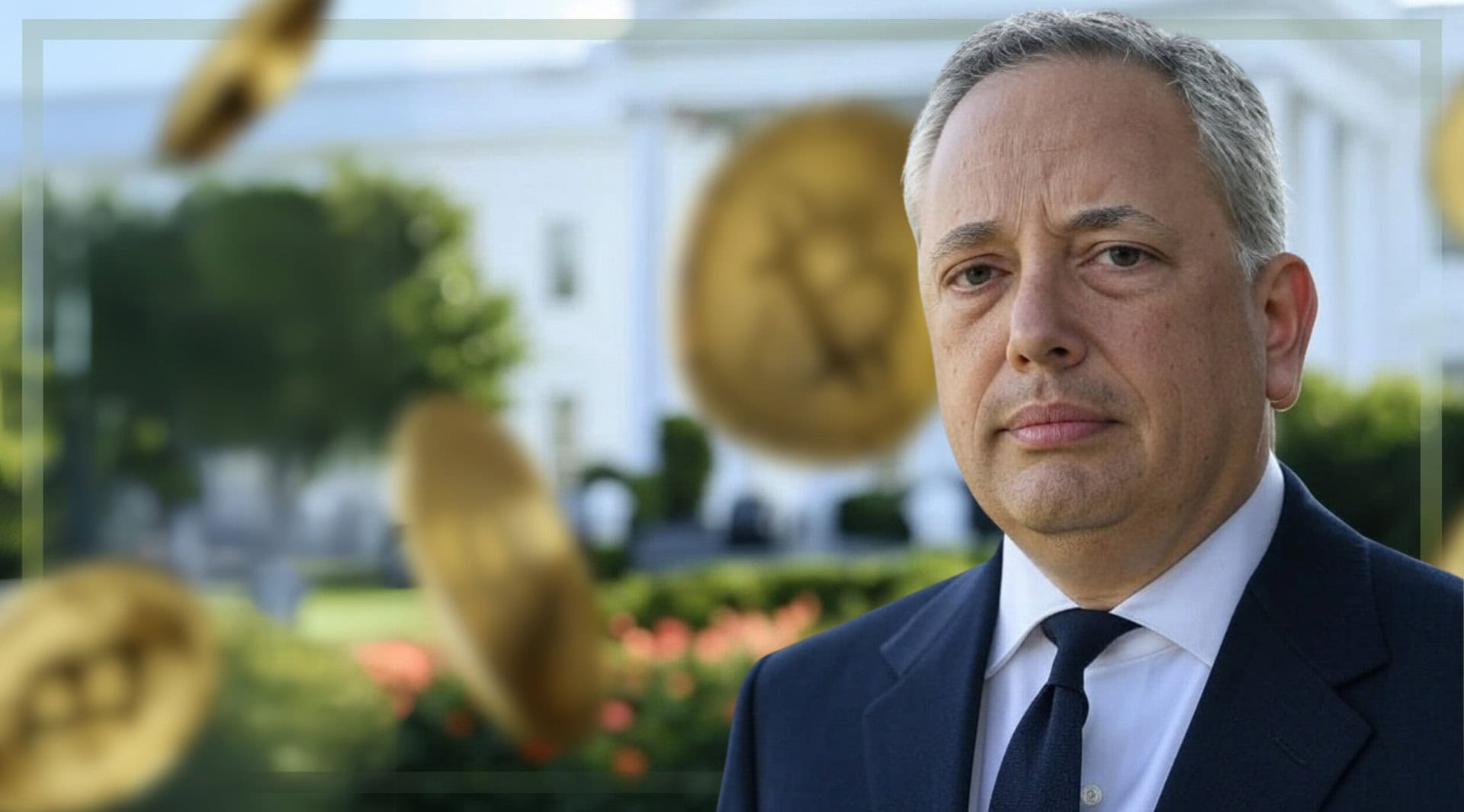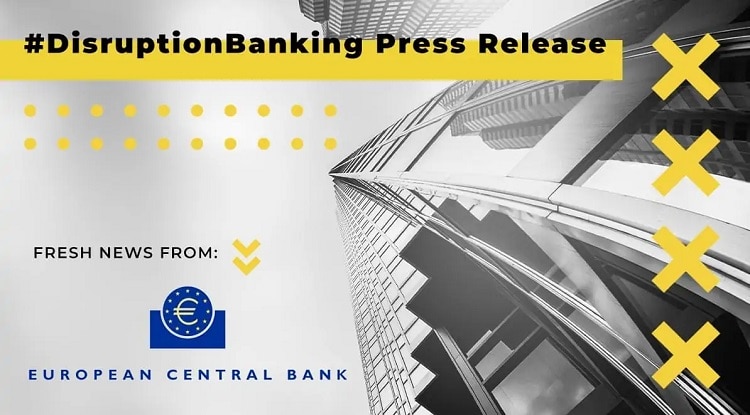Regulation within the crypto space has been on the cards for some time. However it seems with the start of the new year it is being put into fruition. This month the SEC and the CFTC charged Mango hacker Avraham Eisenberg with market manipulation. Back in the UK. The Economic Secretary to the Treasury has announced regulation within the crypto space. Which could lead to the UK becoming the guinea pig for long awaited crypto regulation. In the meantime scepticism remains rife as to whether the UK can execute regulation effectively. The crypto community does seem more open to regulation than before. But the question remains: Why the sudden openness to regulate digital assets? Is it because of the risks they pose to traditional finance?
Economic Secretary to the Treasury said:
— Digital Startup (@digitalstartup5) February 15, 2023
“We remain steadfast in our commitment to grow the economy & enable technological change & innovation – including cryptoasset technology
“But we must also protect consumers who are embracing this new technology”https://t.co/kxKjrG41zr
Hackers are notorious within the crypto space from the everyday scammer to elite CEOs (SBF). Recent Mango hacker Avraham Eisenberg gloated publicly about his thefts on Twitter. Which may have proved the tipping point to authorities getting involved. Has it prompted regulators to finally step up?
Last month the SEC charged Eisenberg, who outed himself stating the hack was “strategic trading”, with violating anti-fraud and market manipulation provisions of the securities laws. The CFTC also took action against Eisenberg charging the Puerto-Rico based hacker with “fraudulent and manipulative scheme to unlawfully obtain over $110 million in digital assets from a purported decentralized digital asset exchange”.
Hackers get caught, and now they get punished
This was a monumental moment for the crypto community. It was the first time that the CFTC has taken action against a hacker on a decentralised trading platform. Further to the investigation, the CFTC sought to instil permanent trading bans on Eisenberg as well as civil monetary penalties and restitution. This is unusual when it comes to crypto hacking. In crypto, deals are often made through ‘Bounty Bugs’ where hackers are allowed to keep large sums to avoid criminal investigation.
This hack was one of the largest hacks in crypto history. The Mango Community, with a vote of 478 million, made a deal with the hacker (a deal which Eisenberg negotiated after his first proposal was declined). Under the terms of the offered deal, the hacker would return about $67 million of the stolen tokens and keep the remaining $47 million as a bug bounty and in return Mango would write off his back debt and would not pursue criminal investigations.
The end of the Wild West in Digital Assets?
However in January this year Mango did eventually sue Eisenberg for $47million in damages and asked the court to rescind the deal which was made with Eisenberg. The argument given was that it was “invalid and unenforceable”. The SEC and the CFTC hadn’t made a deal with the hacker and therefore led their own investigations.
⚡️News : Mango Labs LLC has formally sued trader Avraham Eisenberg in Manhattan, demanding that it return the $47 million in bug bounties it retained in its previous compensation proposal.#AlphaIsights pic.twitter.com/vNMscwkk7h
— Alpha Insights (@0xAlphaInsights) January 26, 2023
Regulation of the crypto ecosystem has been on the cards for a while. With U.S. senators calling the space a ‘wild-west’. Self regulation by the crypto community has been attained through self preservation for the decentralised finance ecosystem. However, as demonstrated through the Mango case, deals made with hackers often sway in the hackers favour. And this is done to stabilise the platforms liquidity and ensure crypto doesn’t get further bad press.
Has the UK Government acknowledged the need for regulation?
Today it seems that governments are beginning to accept that crypto is here to stay. They have acknowledged that protection is needed for consumers. They can see how consumers are looking to find ways to invest and get returns. Partially as a response to inflation. But also as people start embracing NFTs and other by-products of the digital age.
This month the UK Treasury announced plans for regulation in the crypto sector to “robustly regulate crypto asset activities providing confidence and clarity to consumers and businesses alike and current proposals include strengthening rules for crypto trading platforms and a robust world-first regime for crypto lending”.
The government are not just cracking down on malpractice in the crypto space. There is evidence from the statement released that government representatives see the benefits of crypto and the new digital market. Economic Secretary to The Treasury Andrew Griffith commented on the plans: “We remain steadfast in our commitment to grow the economy and enable technological change and innovation – and this includes cryptoasset technology. But we must also protect consumers who are embracing this new technology – ensuring robust, transparent, and fair standards.”
The proposed regulation plans are in line with traditional regulation Gov.com states, and will be implemented after consultations and feedback.
The Crypto community welcomes regulation
Calls for regulation have been met for the most part with open arms by the Crypto Community. CEO of Binance, Chanpeng Zhao, tweeted in response to the regulation: “Happy to see the UK, a global leader in fintech, work on progressive crypto regulation.
“We hope their plans reflect @FinStbBoard recommendations: the regulation should be coordinated, consistent, comprehensive and proportionate to the nature, scale and complexity of risks.”
Happy to see the UK, a global leader in fintech, work on progressive crypto regulation.
— CZ 🔶 Binance (@cz_binance) February 1, 2023
We hope their plans reflect @FinStbBoard recommendations: the regulation should be coordinated, consistent, comprehensive and proportionate to the nature, scale and complexity of risks. https://t.co/3w4pHJQZIN
On Reddit users commented on the recent announcement with the general consensus on the site being in support of regulation within the space. However, whether the UK are going to be able to implement policy and regulate it with efficiency was the main cause of dispute. That and whether the consumer being built into the plans is the most important factor.

For others the mere involvement of a government defiles the meaning of decentralisation. Arguably this reaction to regulation is becoming less common after so many crypto scandals. But it does seem governments are witnessing the rapid popularization of digital banks. Digital banks like Revolut and others that have been enabling consumers to access digital assets.
In 2022 the Competition and Markets Authority survey (in the UK) showed that digital banks Starling and Monzo scored considerably higher than high street banks for customer satisfaction and business banking. Followed by reports of Monzo following Revolut’s lead by expanding into the crypto space.
Could this have set off alarm bells? Is the government worried that this would expose Monzo users to crypto? Did they realise that they finally need to make digital assets more accessible?
Author: Bronwen Latham















